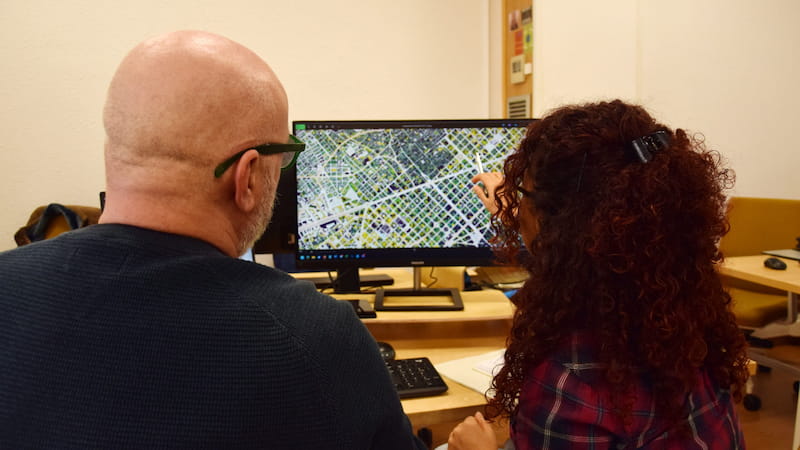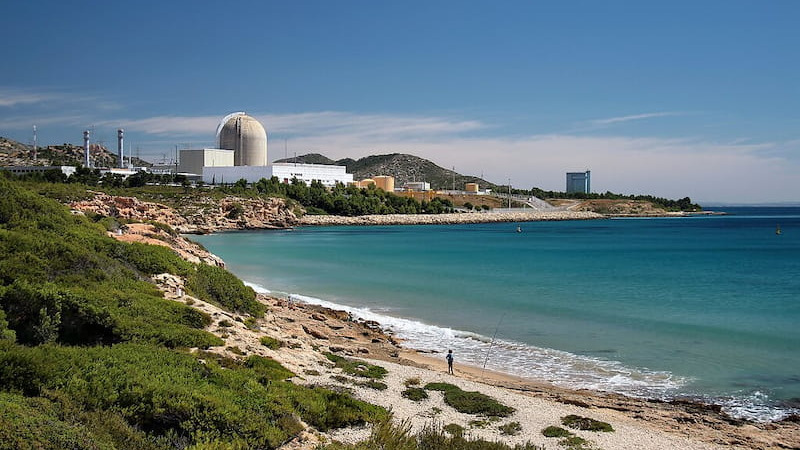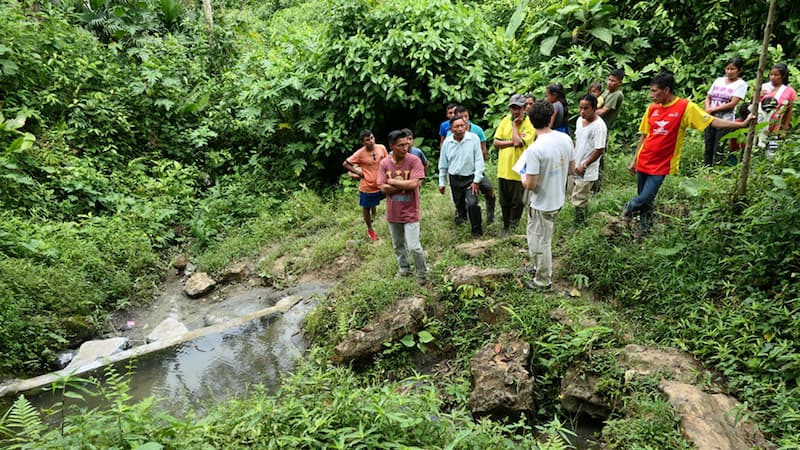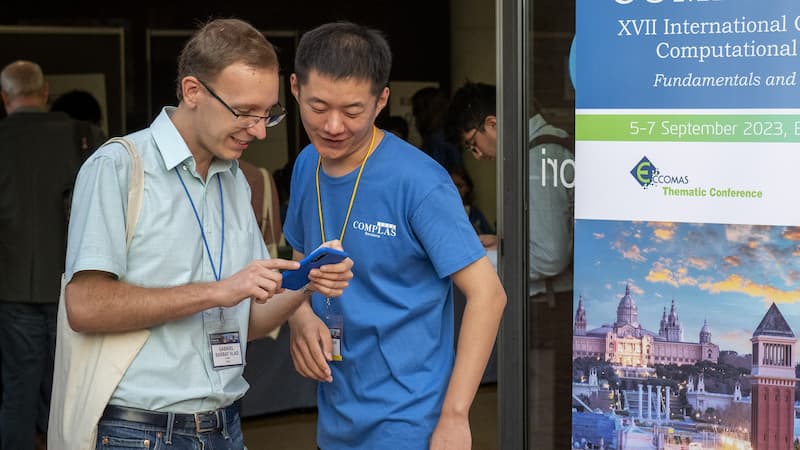📆 Tuesday, June 25th, 2024
🕛 12 pm (CEST)
📍 OCZ Conference Room, C1 Building, UPC Campus Nord, Barcelona + 💻 Online
ABSTRACT
Soil penetration and excavation are ubiquitous processes in civil engineering activities, from the installation of foundations to the construction of tunnels and deployment of sensors. These activities are energy intensive, requiring the use of heavy equipment. In the last decade, engineers and scientists have investigated the strategies that organisms such as worms, clams, lizards, moles, and plants use to burrow in various ground conditions with the goal of developing more efficient penetration and excavation processes. This presentation will focus on understanding the geomechanical aspects of the penetration processes involved in bio-inspired burrowing strategies. Discrete element modeling simulations show the role of fundamental aspects of soil behavior, such as arching, rotation of principal stresses, and dilatancy, on the burrowing behaviors and performance. The results corroborate that it is possible to generate the required anchorage force within the drill string of a probe to overcome the penetration resistance to develop so-called ‘self-burrowing’ technology. This work also explores how altering the state of stresses around the tip of the penetrating object can produce significant reductions in penetration resistance. This work provides guidance on the development of self-burrowing tools for geotechnical applications and highlights challenges in its implementation.
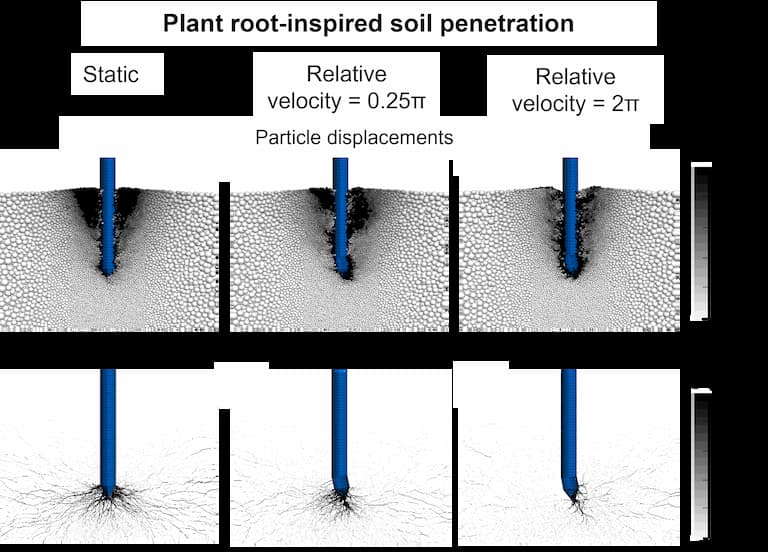
SPEAKER CV
Alejandro Martinez, PhD is an associate professor at the University of California Davis. He obtained his Ph.D. and M.S. degrees from Georgia Tech in 2015 and 2012, respectively, and his B.S. from the University of Texas at Austin in 2010. His research aims to further the understanding of soil behavior and soil-inclusion interactions involved in geotechnical engineering as well as in burrowing and locomotion. His research interests include bio-inspired geotechnics, soil-structure interactions, fabric effects on soil behavior, and static liquefaction of soils. His research employs a combination of experimental laboratory, hypergravity modeling, and numerical techniques. In 2020, he received the NSF CAREER award and in 2022 he received the ASCE Arthur Casagrande Career Development Award.

